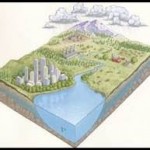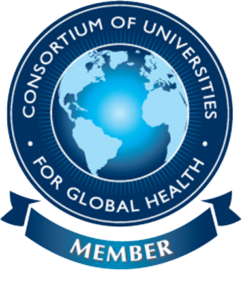 “Blue Gold: Mitigating the Effects of Water Scarcity” was one of the three areas of excellence selected for funding. This interdisciplinary effort is led by Richard Gersberg and Eunha Hoh from the Graduate School of Public , Natalie Mladenvo from Civil Engineering, Trent Biggs from Geography, and Kathy Thorbjarnarson from Geological Sciences.
“Blue Gold: Mitigating the Effects of Water Scarcity” was one of the three areas of excellence selected for funding. This interdisciplinary effort is led by Richard Gersberg and Eunha Hoh from the Graduate School of Public , Natalie Mladenvo from Civil Engineering, Trent Biggs from Geography, and Kathy Thorbjarnarson from Geological Sciences.
Ensuring regional water security will require a multi-component solution portfolio (e.g., wastewater reuse, gray water recycling, seawater desalinization). Wastewater reuse is likely to be a significant component of urban water supply in many regions globally, but the health impacts are not adequately documented. Reclaimed water may contain “emerging contaminants” such as pharmaceuticals, detergents, and many others that mimic hormones and may impact humans at low concentrations. Since water contains many compounds, it is difficult to quantify each separately, so new techniques are being developed to assess the integrated response of cells to complex mixtures (bioassays). The City of San Diego recently concluded Advanced Purified Water Demonstration Project and plans to scale production to over 30 million gallons per day in the near future. Moreover, the State of California is currently assessing the feasibility and safety of direct potable reuse of wastewater, but health and safety concerns for emerging contaminants present challenges for both researchers and policy-makers. At this intersection of water quality and public health, the new AOE hire in Public health will employ a robust and novel approach to the issue consisting of in vitro bioassays and/or mass-spectrometry approaches to determine the safety of advanced treated waters used for potable supply.





